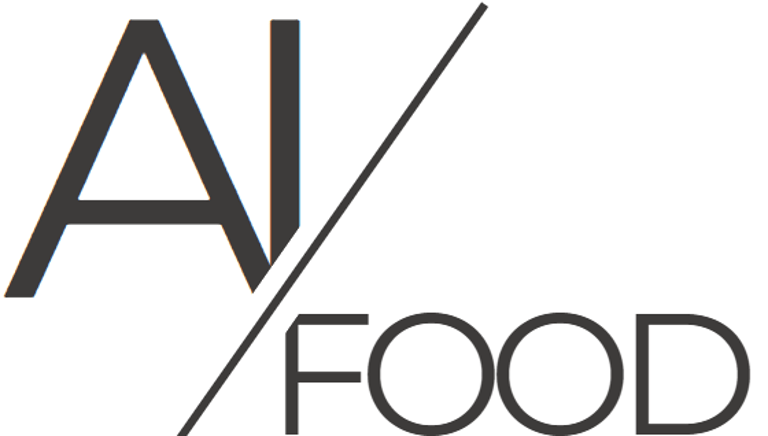Generative AI for Sustainable Proteins: New Framework from King’s College London
A recent study in Carbon Capture Science & Technology (Kalian et al., 2025) presents a novel multi-agent AI framework tailored to accelerate research into sustainable microbial protein production. The system employs GPT-based agents to automate literature retrieval, data extraction, and even toxicity screening in the context of waste-carbon-utilising microbial fermentation.
10/2/20251 min read


By benchmarking fine-tuning against structured prompt engineering, the researchers demonstrate notable gains in accuracy (cosine similarity ≥0.94 for fine-tuned models), while highlighting trade-offs in generalisability and computational cost. The modular interface and open-source microservices provide a pathway towards integration with industrial R&D pipelines.
Kalian, A. D., Lee, J., Johannesson, S. P., Otte, L., Hogstrand, C., & Guo, M. (2025). From LLMs to sustainable proteins: Fine-tuning and prompt engineering for multi-agent AI in waste carbon-utilising microbial protein production. Carbon Capture Science & Technology, 100525. https://doi.org/10.1016/j.ccst.2025.100525
Here is a blog-style summary in UK academic English, based on the uploaded article (From LLMs to Sustainable Proteins: Fine-Tuning and Prompt Engineering for Multi-Agent AI in Waste Carbon-Utilising Microbial Protein Production).
Year and geographical scope
2025. Research conducted at King’s College London (UK), though the scope is global with applications in protein production and circular bioeconomy.Generative AI technology
Multi-agent AI framework built on GPT-based LLMs. Two agents:
(1) Literature search agent (GPT-4o) optimising microbial strain queries.
(2) Information extraction agent (GPT-4.1) tested under fine-tuning vs. prompt engineering.
Applications: automated retrieval of microbial protein data (protein yield, trophic mechanism, substrates, safety/toxicity screening).Research stage
Proof-of-concept system tested in silico. Includes prototype web interface for interactive use. No industrial pilot yet.
Implementation insight
Levels and barriers
Technological: dependence on closed-source GPT models, trade-off between fine-tuning accuracy and generalisability.
Organisational: need for integration into R&D pipelines, governance of AI-generated insights, domain expertise to curate prompts/training.
Barriers: fragmented microbial protein literature, risk of hallucinations, computational costs of fine-tuning.Organisational conclusions
Multi-agent AI can significantly accelerate discovery in CCU-integrated protein production by automating literature mining and synthesis. A dual-track optimisation strategy (prompt design plus targeted fine-tuning) is recommended. The modular design (APIs, dashboards, toxicity module) allows integration into existing research and industrial innovation pipelines.Economic/financial conclusions
While no ROI data are presented, the framework promises:Reduced costs of manual literature review and trial-and-error strain selection.
Potential acceleration of strain optimisation, lowering time-to-market for sustainable protein.
Future industrial use could reduce R&D overheads and improve process economics, though scaling costs and data governance remain challenges.
Research by: Beatriz Vallina, PhD
Thesis Supervisors: Roberto Cervelló, Prof.PhD & Juan José Lull, PhD
Institution: Doctorate in Agrifood Economics, Universitat Politècnica de València
© 2025. All rights reserved.
